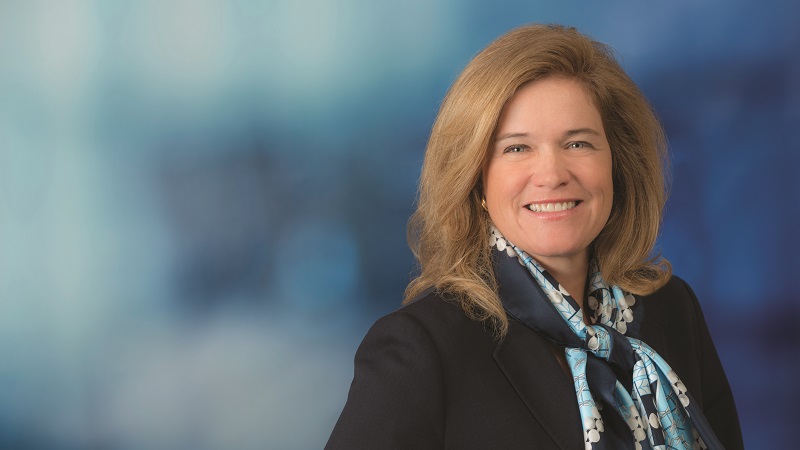Franklin Templeton chief executive Jenny Johnson has said star fund managers are more trouble than they are worth given the disruption they cause when they leave.
“Clients get nervous by a star manager, if you appoint one, because then it becomes a succession issue,” Johnson said in an interview with Bloomberg.
In January 2018, star fund manager Mark Mobius, considered a pioneer of emerging market investing, announced his retirement from Franklin Templeton, only to reveal several months later he was launching his own emerging markets boutique fund house. Mobius poached former colleagues Carlos Hardenberg and Greg Konieczny to join him.
Johnson stated a fund’s performance is rarely down to one individual. “The reality is they were always supported by a large team.”
Nevertheless, the third-generation scion of the Franklin Templeton family empire remains an active investing advocate.
She said active managers had the opportunity to add value in areas that require deeper expertise, like biotech.
“There’s no buy bid on the passive model on the way down,” she added. “Active is going to shine as the next decade is going to look very different from the last.”
Diversity at Franklin Templeton in light of racist incident
Johnson stood by Franklin Templeton’s decision to fire former employee Amy Cooper, who was quickly dismissed after a video of her threatening a black man in New York’s Central Park went viral.
“You have to, from the very top of the firm, behave in a certain way and just show zero tolerance for any kind of racism or discrimination,” she said.
In another part of the Bloomberg interview she said remote working practices adopted during the Covid-19 pandemic could benefit working families.
“In many ways, it will play to the strength of women. I also think that men have been a little bit disadvantaged,” she said.
“I know a lot of men that would love to coach their kids’ sports teams and yet they weren’t sure that was OK. This environment’s actually going to allow both parties to do more of this integration between home and work. That’s better for everybody.”
She said she didn’t know what the corporate working environment was going to look like once the coronavirus subsides, but said expected it would be different to how it was pre-pandemic.
See also: Why has diversity and inclusion not worked in asset management?







